Spring 2024
IMPACT REPORT
RMI’s vision of a clean energy future commits us to THINK bigger, DO boldly, and SCALE globally.
Download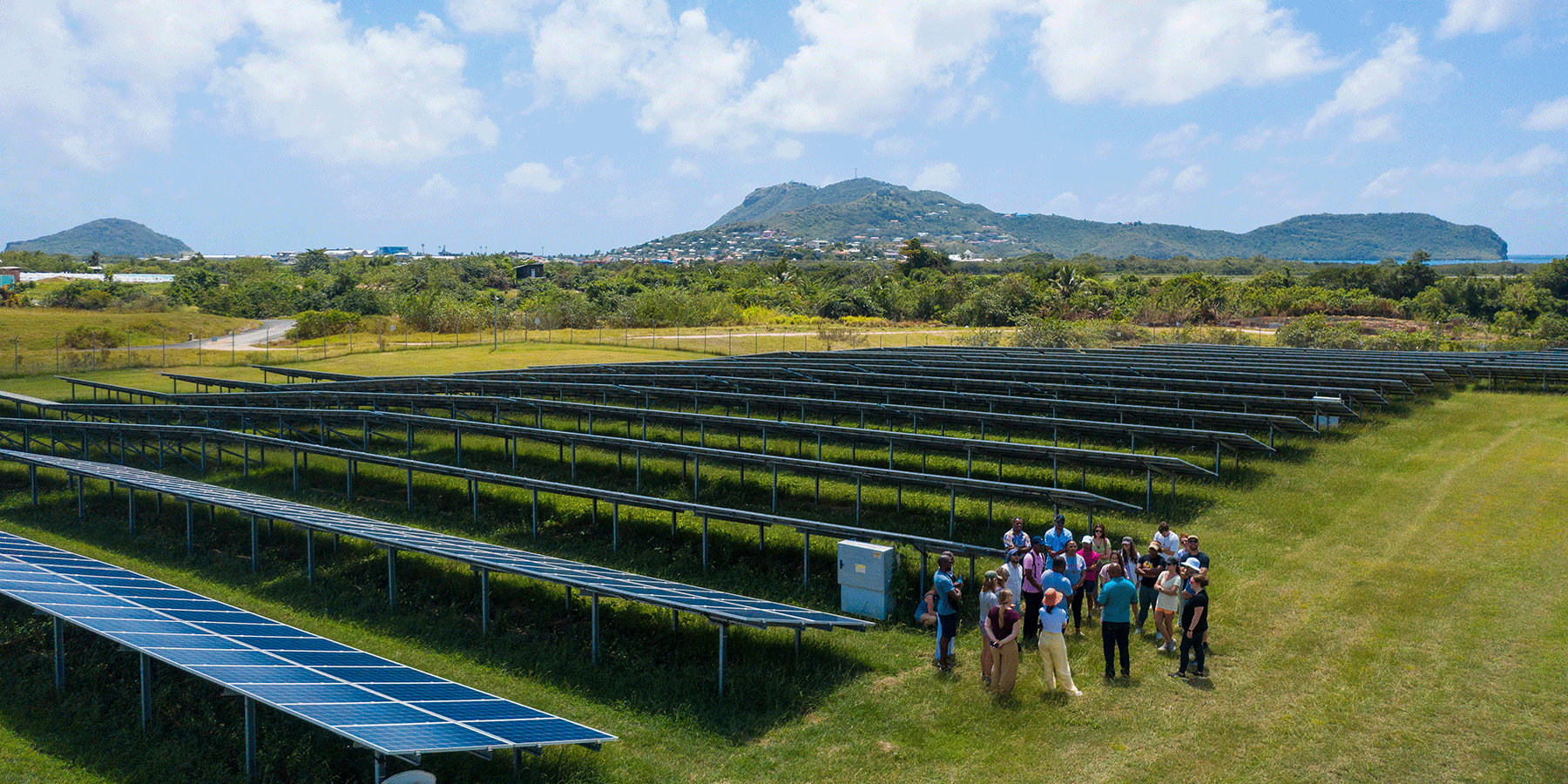
Manage your subscriptions to RMI emails. Let us know your specific interests, and we'll keep you updated accordingly.
IMPACT SPOTLIGHT

Revolutionizing Clean Energy Choices: Three RMI Sustainability Interactive Tools
RMI’s interactive calculators and tools bring our in-depth research and analysis to life, raising awareness about issues and providing specific, actionable data to decision makers. Integrating user inputs and real-time data analysis, these calculators allow consumers, professionals, and policymakers to evaluate different scenarios quickly and accurately, leading to more informed decisions, improved efficiency, and increased transparency. Here are three recently released tools that are supporting clean energy decision-making across the United States:
Green Upgrade Calculator
The Inflation Reduction Act has significantly boosted interest and investment in home and vehicle electrification and energy efficiency upgrades. Despite this, energy professionals have struggled to provide specific advice on the cost-effectiveness and environmental impact of these upgrades. To help close this gap, RMI has launched the Green Upgrade Calculator, a free tool designed to enable contractors, home energy advisors, and their clients to analyze the lifetime cost and environmental benefits of various residential decarbonization solutions such as rooftop solar, weatherization, and electric vehicles.
Developed in collaboration with seven partner organizations, the calculator offers detailed cost-benefit analyses and helps in designing effective system upgrade combinations for homes. For example, contractors can mix-and-match technologies (e.g., an air-source heat pump plus insulation or solar) and design parameters to see and communicate what will be most cost-effective or reduce the most climate pollution for their clients. Additionally, the tool incorporates real-time electric utility rates and emission impacts to provide tailored advice and support policy design on a regional or national level. In short, this tool aims to empower professionals to provide precise, data-driven recommendations and maximize the impact of green upgrades for consumers and the planet.
AFFORD (America's Federal Funding Opportunities and Resources for Decarbonization)
Federal funding for clean energy and decarbonization projects is abundant, but it’s not automatic. RMI and World Resources Institute have been working together on the Bloomberg Philanthropies American Cities Climate Challenge Renewables Accelerator, providing tools, resources, and technical assistance to accelerate opportunities for US cities to implement high-impact, near-term renewable energy projects. And it’s now easier than ever to find and navigate funding opportunities with AFFORD (America's Federal Funding Opportunities and Resources for Decarbonization). The tool, relaunched in November 2023, makes it easier for a broad audience — state and local governments, tribes, higher education, faith, health care, and cultural institutions — to find, compare, and prioritize federal funding opportunities for clean energy and decarbonization projects. AFFORD’s latest upgrade is packed with more Inflation Reduction Act (IRA) incentives and redesigned for a better user experience.
Smarter Mobility Options for Decarbonization, Equity, and Safety (Smarter MODES) Calculator
The Smarter Mobility Options for Decarbonization, Equity, and Safety (Smarter MODES) Calculator is a tool developed by RMI to help states quantify the money, lives, and pollution saved from reducing car traffic and expanding transportation options, including access to walking, biking, and public transit. Released in February 2024, it provides state-specific data and projections and assesses impacts such as reduced tailpipe emissions, decreased automobile operating costs, and the societal benefits of increased physical activity and cleaner air. By inputting various scenarios, state decision makers can use results to guide investments in more sustainable and equitable transportation solutions. For example, if people could replace 1 in 5 car trips with a bike, walk, or Zoom call, the United States would avoid 6,000 annual fatalities and save $259 billion in annual fuel and maintenance costs by 2050.
SUPPORTER SPOTLIGHT

“Making the decision to donate to RMI was easy. When I first came to work for RMI back in 2016 I knew two things: First, that climate change was the most important work to be done and second, that solutions were critical to motivating action. Where better to go for solutions than RMI? In the face of the climate challenge, it’s easy to feel dispirited and hopeless, but RMI’s work has meant I have a continuous sense of purpose and inspiration. My partner and I donate as a household because RMI provides practical, actionable solutions — and a strong, reality-grounded sense of hope.” —Denali Hussin, RMI donor & staff member
Denali Hussin is the strategic communications manager for RMI’s Climate Finance Access Network and co-leads communication and marketing strategy across RMI’s Global South Program. She and her partner, Andy Sayler, donate to RMI.
OUR FUTURE NEEDS YOU.
DOUBLE YOUR IMPACT ON THE SHIFT TO CLEAN ENERGY.
A generous donor is doubling all gifts, up to a total of $100,000, through June 30, 2024. Your gift helps RMI increase access to safer, healthier, and cleaner energy in more communities. The shift to clean energy starts locally. It starts with you.
THINK
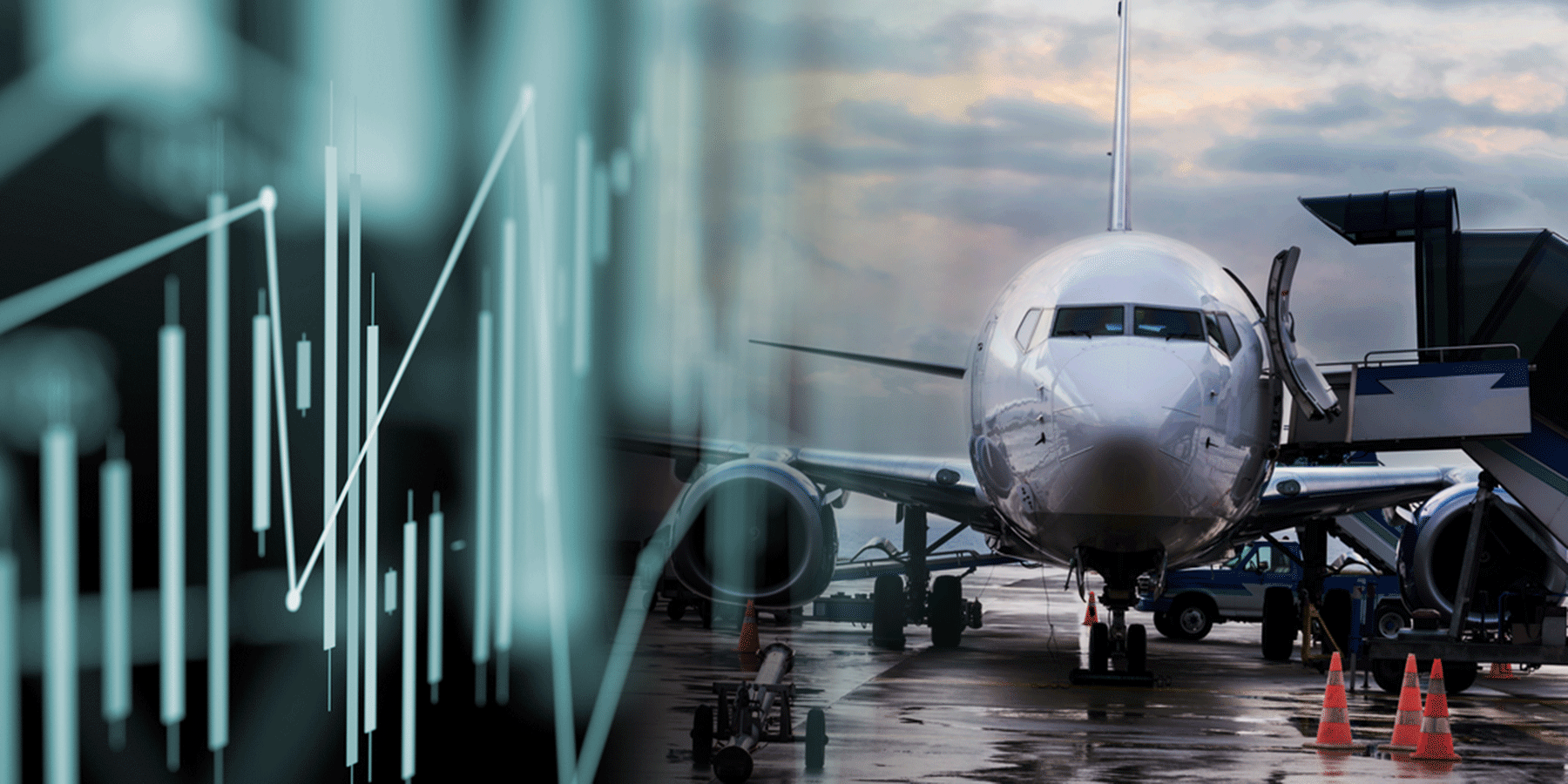
Cleaner skies? We’re banking on it.
The aviation industry — the fastest-growing transportation sector — contributes 2.5 percent of global CO₂ emissions. The sector’s ability to reduce heat-trapping pollution depends on advancing key technologies. In April, RMI and five global banks launched the Pegasus Guidelines, a first-of-its-kind framework developed by RMI to enable banks to consistently measure and disclose the emissions associated with their aviation lending portfolios. Another four banks are already either adopting or testing the guidelines. Financial institutions — working together with airlines, investors, policymakers, customers, airports, fuel producers, and NGOs — can use the guidelines to advance decarbonization strategies like accelerating the roll-out of sustainable aviation fuel (SAF), the most significant opportunity to reduce the climate impact of aviation.

Leaping Forward with Clean Hydrogen Hubs
In October 2023, the Department of Energy’s H2Hubs program awarded seven clean hydrogen hubs roughly $7 billion to accelerate the domestic market for low-cost, clean hydrogen. Hydrogen can be used in the stationery and transportation energy sectors, generating electrical power in a fuel cell while emitting only water vapor. RMI served as a strategic advisor to three hubs that were among the final awardees. Following the awards, RMI released Delivering Equitable and Meaningful Community Benefits Via Clean Hydrogen Hubs, an insight brief with our learnings from advising program applicants, plus lessons for future clean energy projects. The interactive report also showcases best practices for engaging communities in the clean energy transition.
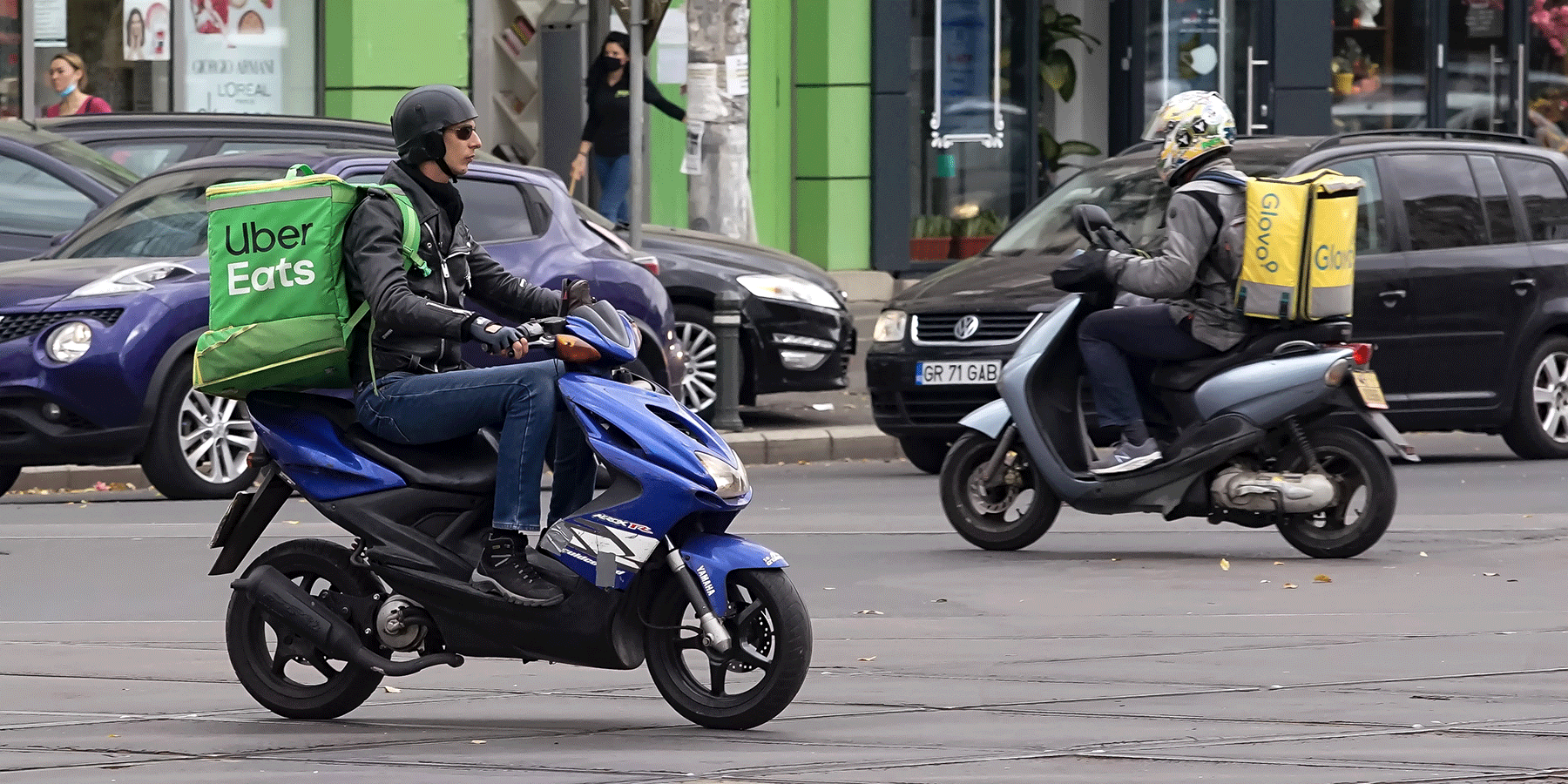
Decarbonizing Last Mile Delivery
Published in January 2024, the Decarbonizing Last Mile Delivery: A Courier-Centered Modal Shift Study report provides city officials, app-based delivery platforms, community-based organizations, and other stakeholders with a framework to electrify and reduce emissions from on-demand last-mile deliveries globally. The report was commissioned and created in partnership with Uber to inform their efforts to reduce delivery emissions worldwide.
DO

Charging Ahead: Advancing a Sustainable EV Battery Supply
Electric vehicle adoption is on the rise in the United States, but many are worried the EV battery supply can’t meet the demand. In response, RMI is advancing the circular battery economy — one that uses batteries and their components as long as possible, instead of letting them go immediately to waste. This reduces reliance on raw materials, strengthens the supply chain, creates jobs, and lowers EV-production emissions. RMI’s new Battery Circular Economy Initiative Dashboard helps stakeholders understand expected electric vehicle battery demand and reveals the quantities of end-of-life battery materials that will be recoverable, how they can meet anticipated supply gaps, and the potential environmental and economic benefits of recycling. Users can input their own regional variables to create different scenarios, helping them create plans they can be confident in.
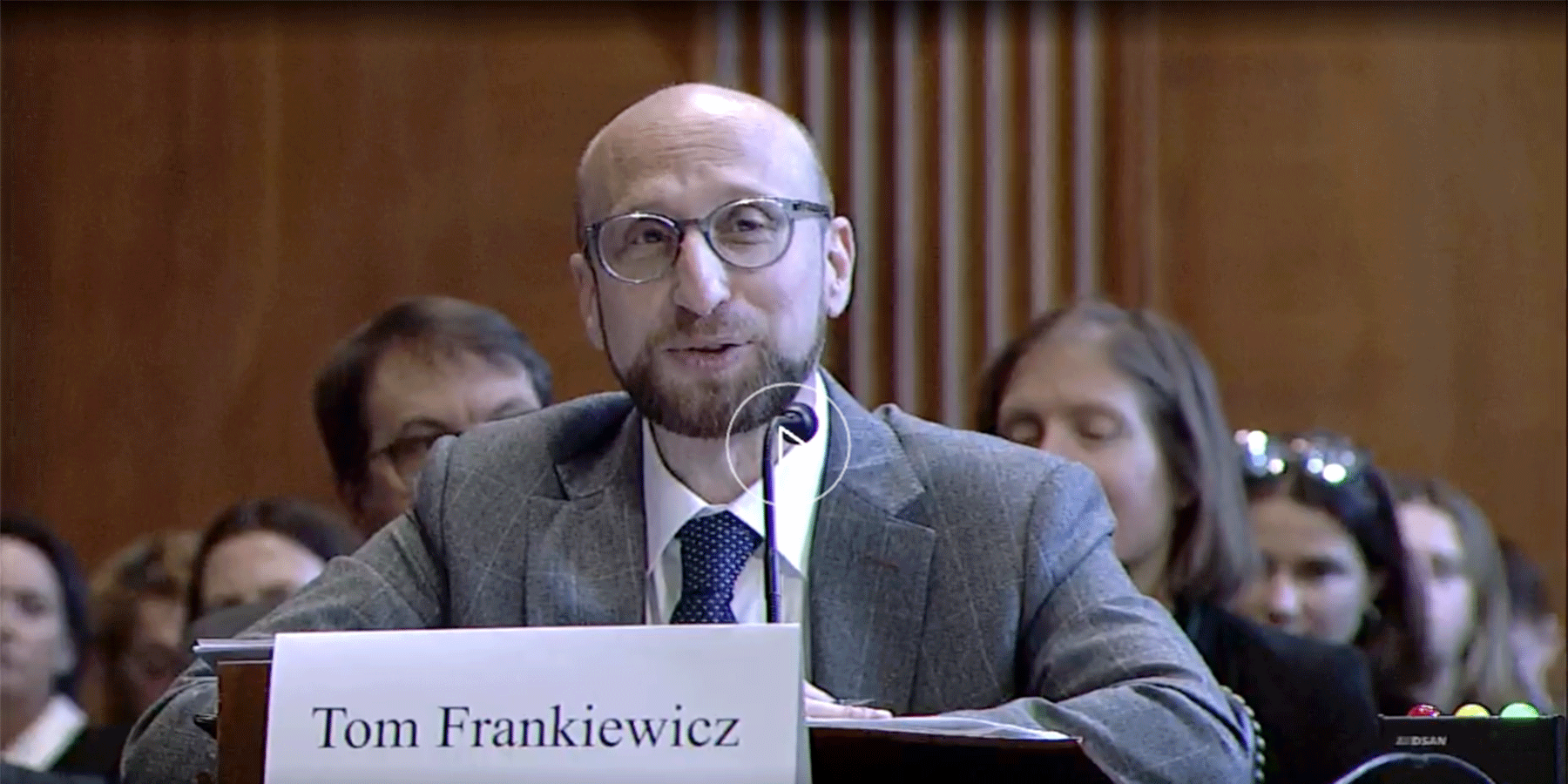
Sealing the Gaps: Increasing Understanding of Landfill Methane
RMI worked with partner Carbon Mapper on the launch of a groundbreaking study revealing that landfill methane emissions significantly exceed official estimates. The findings underscore the urgent need to address landfill methane emissions, including through stronger EPA standards. In January, RMI's Tom Frankiewicz gave expert testimony on “Avoiding, Detecting and Capturing Methane Emissions from Landfills” at the Senate Environment and Public Works hearing His testimony lays the groundwork for implementing stronger standards for monitoring and mitigating landfill methane leaks. RMI also collaborated with Gina McCarthy, former Environmental Protection Agency (EPA) Administrator and former White House Climate Czar, on a recent webinar geared toward local governments on opportunities to reduce waste sector methane. And as part of our Waste Methane Assessment Platform (WasteMAP), RMI released a strategic playbook on Deploying Advanced Monitoring Technologies at US Landfills.

Supporting Clean Reinvestment in the Electricity Sector
Over the last six months, RMI has been engaging with utilities, regulators, and other key electricity sector stakeholders across the country to educate them about how they can use the DOE's $250 billion Energy Infrastructure Loan Program to reinvest in their existing infrastructure to accelerate emissions reductions and reduce energy burdens. DOE has confirmed that two dozen utilities (including several of the most coal-intensive in the country) have now requested nearly $130 billion in financing for reinvestment in their electricity systems to deploy clean energy and reduce emissions.
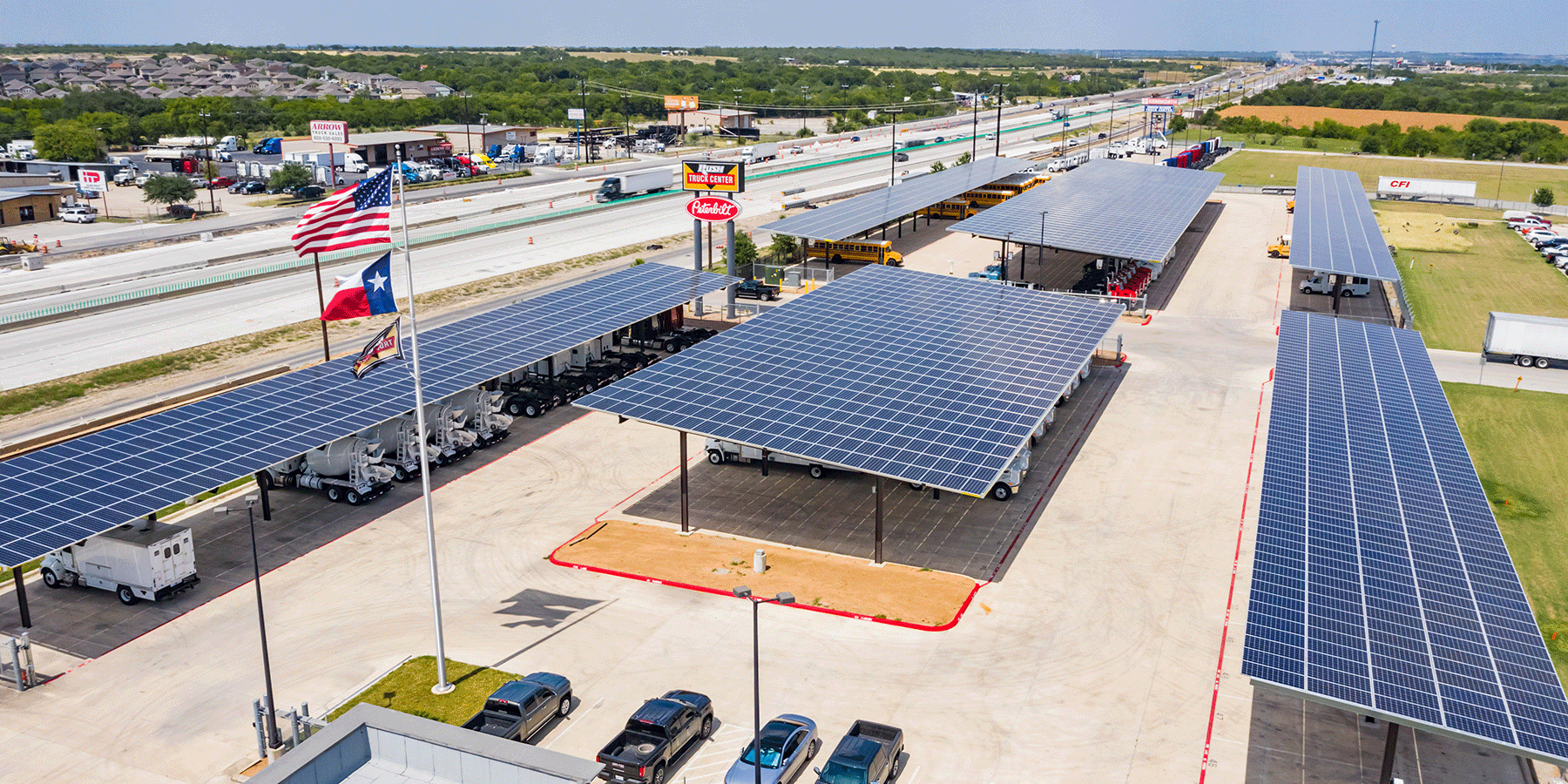
Securing City Solar Investment with Inflation Reduction Act Tax Credits
San Antonio, Texas will install solar at 42+ facilities and parking lots after a multi-year technical assistance partnership with RMI. The panels will reduce emissions from the buildings by 18% and net $7-11 million in savings, charting a new path by using IRA tax credits to fund the project and scale clean energy deployment locally.
SCALE

St. Lucia's Solar Lights the Way for Caribbean Clean Energy
The Caribbean is on the front lines of climate change, yet relies heavily on expensive, imported fossil fuels – the main driver of climate change – that contribute heavily to heat-trapping pollution. In 2017, RMI worked with the government of St. Lucia on its first steel-in-the-ground project in the Caribbean: a 3-megawatt St. Lucia Electricity Services Limited (LUCELEC) solar farm. The 14,900 photovoltaic panels on the now-complete energy production facility generate enough electricity for nearly 3,500 homes while offsetting over 3,800 metric tons of carbon dioxide annually, already saving $16 million for consumers. The solar farm is historic for St. Lucia as the first utility-scale renewable energy project on the island, where diesel-powered generators historically account for over 99 percent of electricity generation. As one of the region’s early projects, the project provided a template for a successful competitive process that RMI was able to replicate elsewhere in the Caribbean, including Anguilla and the Bahamas.
“We see this as the first major practical step in Saint Lucia’s energy transition process towards a more secure and sustainable energy supply.” —Trevor Louisy, Managing Director, LUCELEC
